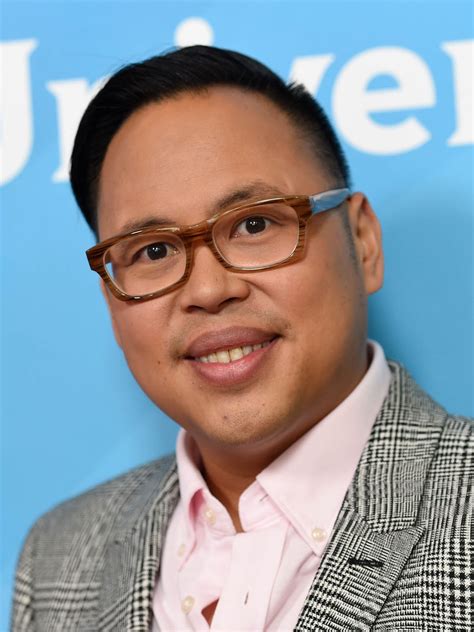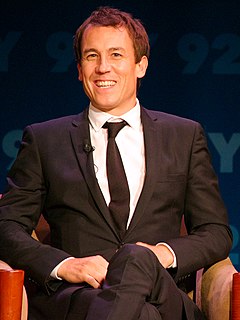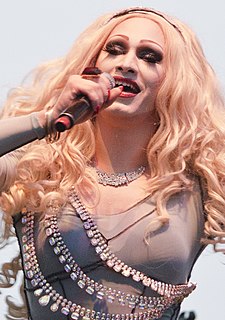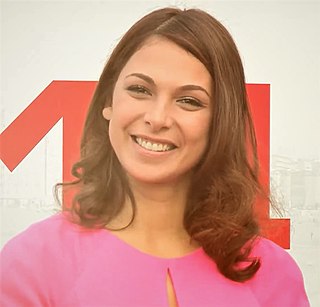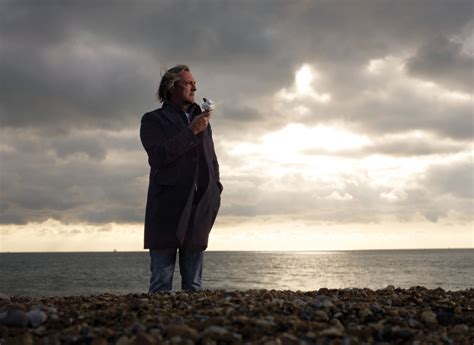A Quote by Paul Dini
There's something very, very liberating about Harley Quinn. Much more so than a character like Catwoman or Poison Ivy. Those are great characters. But then again, those characters are more of the femme fatale and the temptress roles.
Related Quotes
There's more empathetic representations than we're used to seeing. I honestly feel like in the early days of Hollywood, women did have those. Women had very traditional roles in society of wife and mother, but when they went to the movies, they got to see women be, like, really cool, amazing characters and femme fatales and all of this. And then there was just this systemic reaction where it was all about, "How do we make money?" And everybody wants to sell things to boys. And then women's entertainment became devalued in a way that I think is disrespectful and hurtful.
I think there are great roles for women in television because there is time to allow those characters to evolve. Even if you're the wife or the girlfriend or whatever it is that we women are, playing those things on TV, they are much more drawn out and there are greater arcs for the role. The roles are more integral to the complexity of the story.
As we grow older, we should learn that these are two quite different things. Character is something you forge for yourself; temperament is something you are born with and can only slightly modify. Some people have easy temperaments and weak characters; others have difficult temperaments and strong characters. We are all prone to confuse the two in assessing people we associate with. Those with easy temperaments and weak characters are more likable than admirable; those with difficult temperaments and strong characters are more admirable than likable.
I think that I write much more naturally about characters in solitude than characters interacting with others. My natural inclination - and one that I've learned to push against - is to give primacy to a character's interior world. Over the three books that I've written, I've had to teach myself that not every feeling needs to be described and that often the most impactful writing more elegantly evokes those unnamed feelings through the way characters speak and behave.
The type of acting that I'm interested in, that I aspire to, is where I try and drag a lot of myself into whatever character it is. They can be very different types of characters, but at the heart of it, I always wanted to be a very, very believable and rooted in reality. One of the ways of doing that is to root it as much as you can in your own experiences and then tint those with different hues, different colors to give the different characters their way.
I like complex characters. I've been very, very lucky to portray, in these past three years, characters that are strong and fragile at the same time. It's those characters that I'm looking for. In the last year and half I played three different religions, and that allowed me to educate myself so much.
I can't find anything wrong with Ashton Kutcher. I think he's great. It's odd that in America there's a very mixed reaction to him. I think those that have only seen him on 'Punk'd' or 'That 70s Show' get him wrong. There's much more to him than those characters or that persona he plays in those shows.
Gimme the tune. Do I like this tune? Does it sound like another tune that I like? The more familiar it is, the better I like it. Hear those three notes there? Those are the three notes I can sing along with. I like those notes very, very much. Give me a beat. Not a fancy one. Give me a GOOD BEAT -- something I can dance to. It has to go boom-bap, boom-boom-BAP. If it doesn't, I will hate it very, very much. Also, I want it right away -- and then, write me some more songs like that -- over and over and over again, because I'm really into music.
What interests Sam Mendes are characters and relationships, and he was a genius at giving you the freedom to create the type of character you want, and also to explore and have fun with your fellow actors. For him, characters and relationships are really the heartbeat of the film, and then the action is the backdrop. By developing the characters, he makes you care that much more about the action and going on a journey with the characters.


